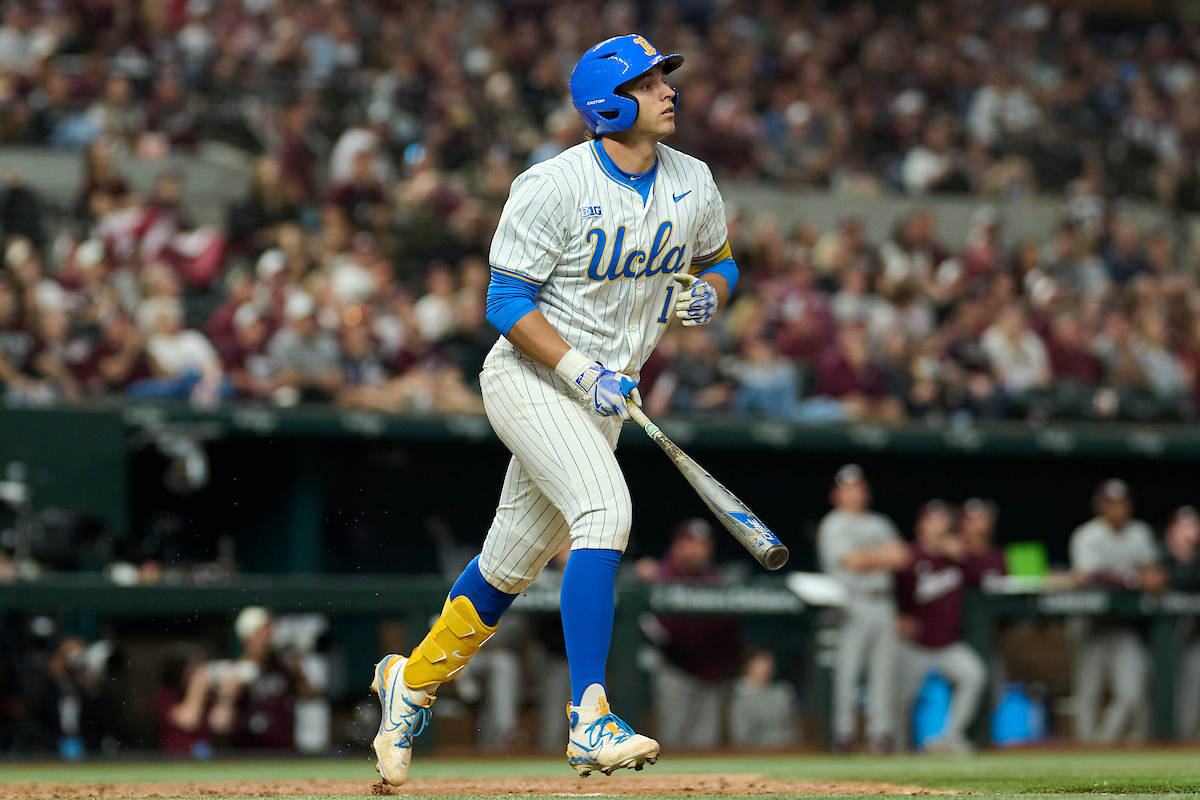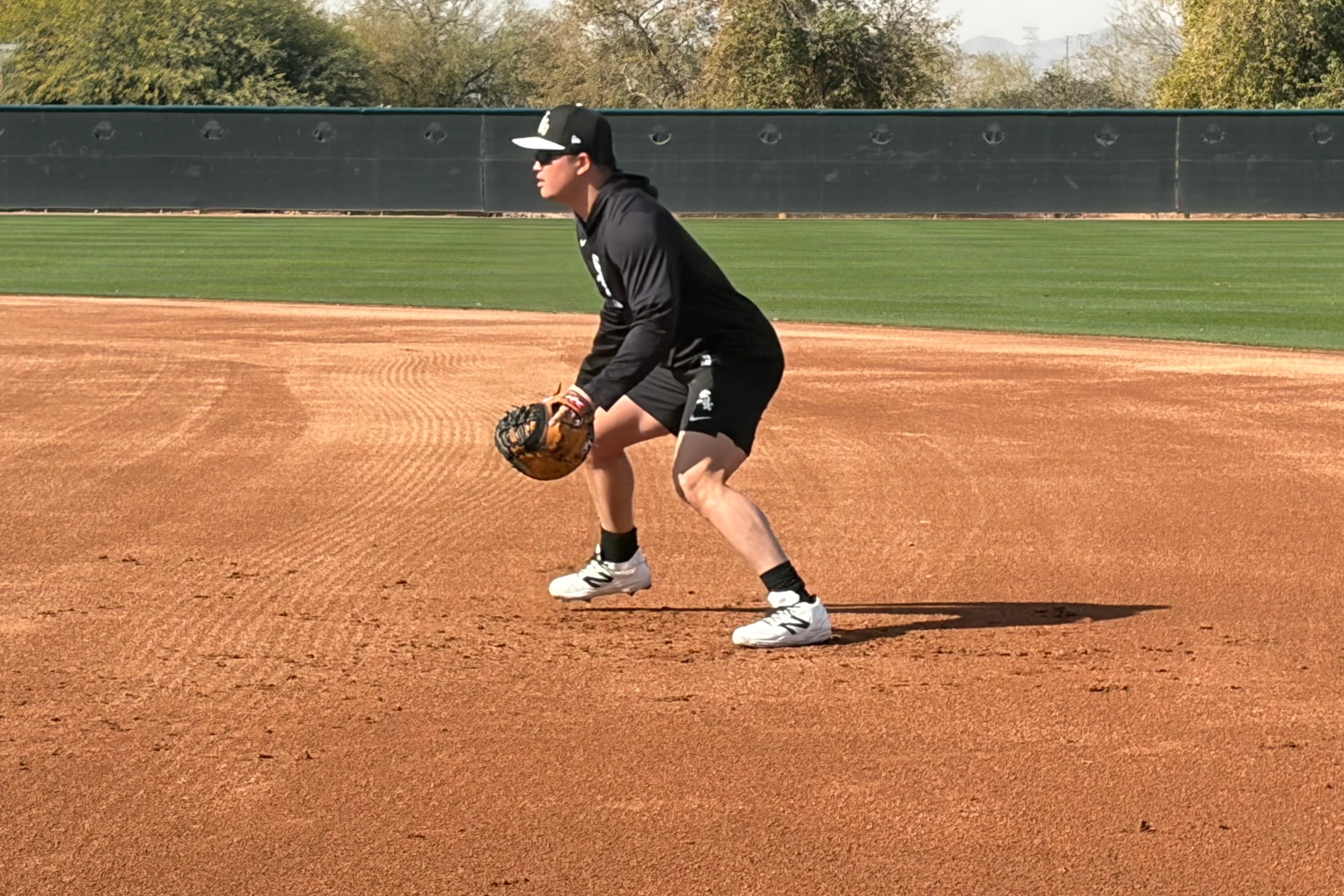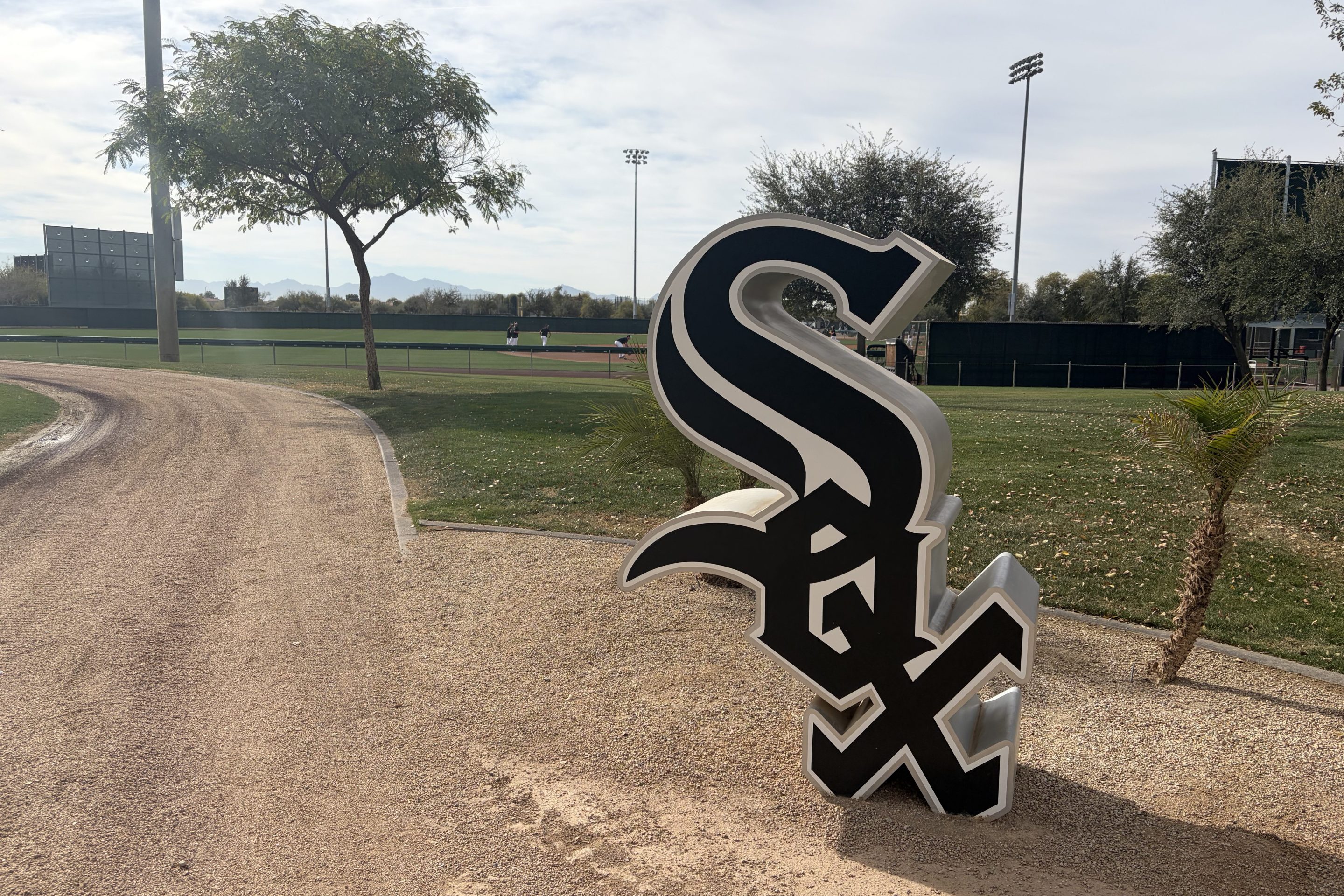When the White Sox made Jon Jay official and introduced him to the media on Thursday, one question was on everybody's mind, and one question only:
At six letters, does Jon Jay have the shortest name in White Sox history?
Yes, but now it's a seven-way tie. Jay shares the honors with these former Sox:
Ken Ash: Appeared in just two games for the Sox in 1925, who sent him down the minors. He later resurfaced with Cincinnati for spot duty over three seasons.
Lu Blue: An occasional guest on Ted's Saturday Sporcles due to two excellent seasons on the South Side. The first baseman hit .283/.405/.367 during the last two real seasons of his career (he had one plate appearance with Brooklyn before calling it quits).
Ed Hahn: A member of the Hitless Wonders, the right fielder hit .231/.328/.274 over five seasons with the White Sox from 1906-1910. No relation to Rick, I believe.
Al Sima: He pitched for three American League teams over four seasons, including a brief five-game, seven-inning stint with the Sox in 1954.
Bob Uhl: The lefty made two appearances in his career. He faced six batters over two scoreless innings for the White Sox in 1938, and then he failed to retire any of the six batters he faced for the Tigers in 1940.
Al Weis: The middle infielder is best known for his heroics in the 1969 World Series. He went 5-for-16 with four walks and two homers. The first one was a ninth-inning shot that won Game 2, and the second tied up Game 5, setting up the Mets' clinching victory. Before then, he was a forgettable backup infielder on the White Sox who was traded to New York in an ill-fated deal headlined by Tommy Agee.
So I'm happy to extinguish that particular firestorm.
Among the secondary concerns, Charlie Tilson was designated for assignment to open the spot on the 40-man roster.
Oh, and Jay is also a close friend of Manny Machado's. Perhaps he was warned about Yonder Alonso's Manny-heavy press conference, because he put his foot down more firmly after addressing the topic.
At one point Jay seemed to bristle at being asked about Machado: “He’s a good friend of mine and I’m going to leave it at that. I’m here to talk about myself and signing with the Chicago White Sox. I’m not here to talk about Manny’s matters.”
To whatever extend Jay took umbrage, it's understandable that he'd want to define his arrival on his own merits. Rick Hahn tried to do the same, noting that Jay's corner outfield defense and acceptable on-base percentage are a boost to the team that had little of either. As expected, he denied that the Sox are using roster spots as recruiting tools.
Jay's problem is that he doesn't define an offseason. He put together a strong 59 games for the Kansas City Royals before they dealt him to Arizona. He hit .307/.363/.374, a performance toward the top end of his range, and Ned Yost bid him farewell by calling him "one of the most professional players I've been around."
Despite Jay's contributions, the Royals went 21-40, including the worst offensive month in Royals team history to start the season. Whatever his assets, he doesn't change a team's fortunes without a whole lot more help.
In Jay's defense, none of the White Sox' other acquisitions are any better for this task. Alonso's in the same exact situation as Jay, in that he's more crucial to the Machado plotline than anything else. Kelvin Herrera and Alex Colome should help protect whatever leads they are, but they won't help in getting them. Ivan Nova should be competent, but so was James Shields. Maybe Kansas City's speed will justify James McCann's presence, but Detroit thought it could do better than tendering him.
All of these moves are more complementary than centerpiece, and everybody's waiting on the latter. Thus, every acquisition will be judged with Machado in mind, and the closer a player is to Machado, the more it's going to define him, regardless of where Machado signs. It's unfair for some, but there's a straightforward solution for all. If they're tired answering questions for Machado, they very well could get a Machado who can answer for himself.






